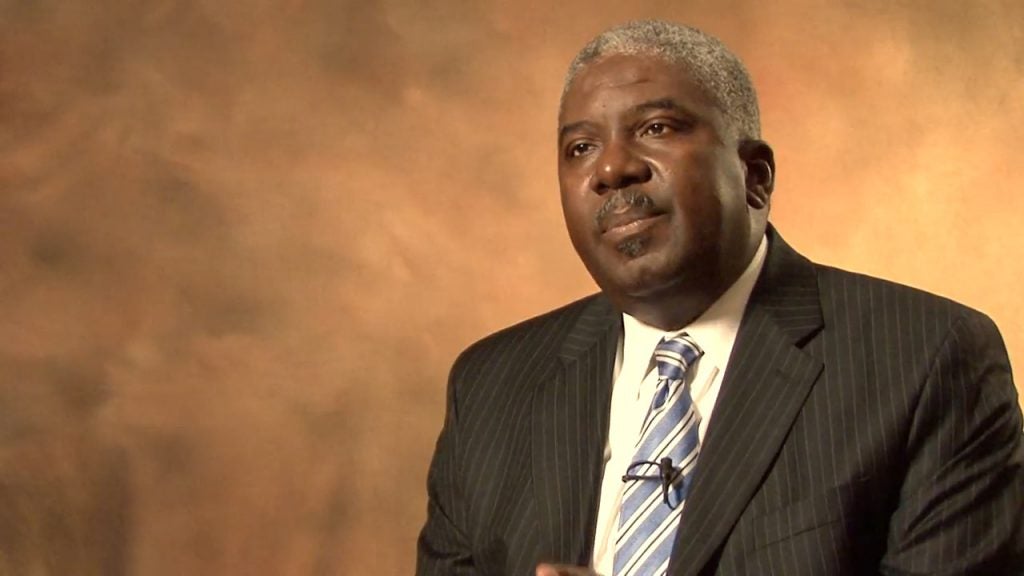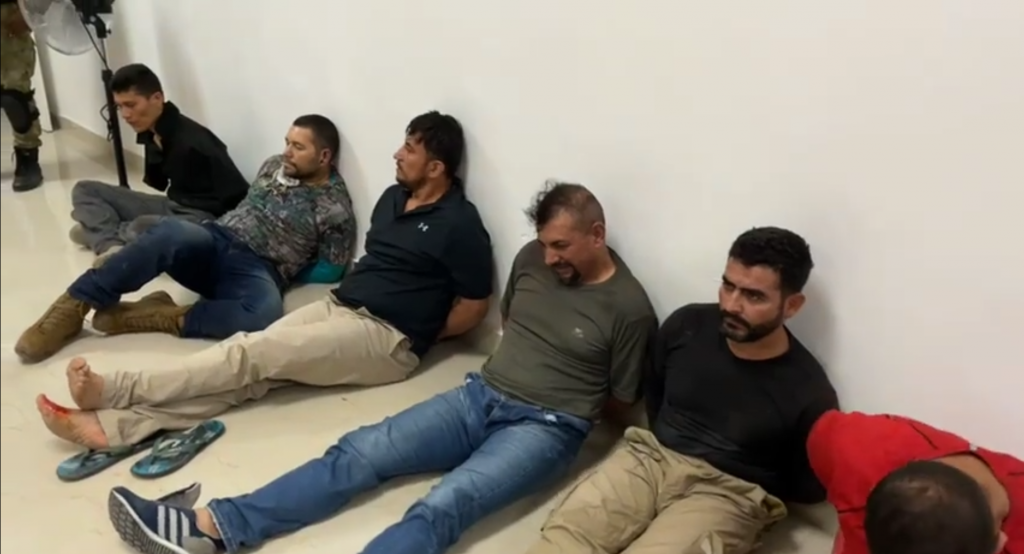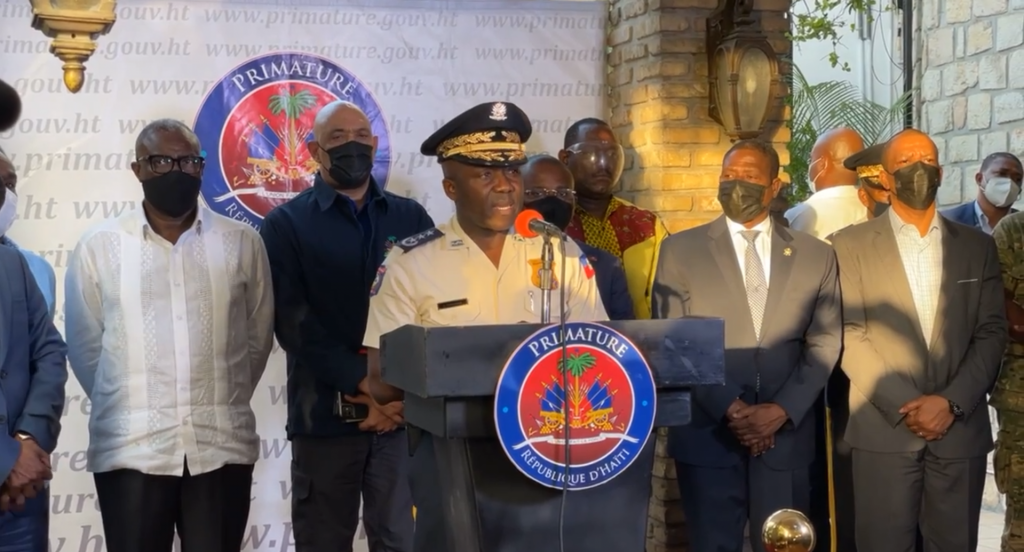“Key Suspect” In Assassination Of Haitian President Arrested
Haitian police reported on Sunday that they had arrested a doctor they say is a “key suspect” in the July 7 assassination of the President of Haiti, Jovenel Moïse.
63 year-old Christian Emmanuel Sanon was described by Haiti National Police Chief Léon Charles as someone who had “entered Haiti on a private plane with political objectives”, saying that one of the attackers that killed President Jovenel Moïse had called Sanon on his phone after being arrested. Charles said that Sanon then contacted two other people considered to be the “masterminds” of the assassination, although no further details as to who they were, or what motive they had for the assassination were provided.
Charles stated that the attackers had initially been hired as Sanon’s security detail, but were then assigned a new mission alongside an arrest warrant for Moïse. Charles had previously said to the Miami Herald that Miami-based company CTU Security had hired the attackers on behalf of a “high profile Haitian doctor”. However, public records cast doubt on the ability of Sanon to fund the plot by himself, as he is recorded as having filed for bankruptcy in 2013.

News of the arrest follows reports over the weekend that two Haitian-American suspects arrested on suspicion of being part of the assasination team claim that the attack that led to Moïse’s death was intended to arrest the president and not assassinate him. Speaking to the Miami Herald, Investigative Judge Clément Noël said that he and another person were told by James A. Solages, 35, and Joseph G. Vincent, 55, both from South Florida, that the plan was to “arrest the president [at his home] and go to the presidential palace with him”, to facilitate the installation of someone else as president. According to Noël, both said that they were there and participated in the attack, but they were translators who found Moïse dead after arriving at the president’s personal residence. Neither would disclose the reason for the timing of the attack.
Noël said to the newspaper that the plans to arrest the president were a hole in their story, as it is illegal under Haitian law to arrest anyone after 6PM, unless the individual arrested was caught committing a crime. Charles also expressed skepticism of the claims, saying that the attackers “wanted to kill” the president, adding that “they knew what they were doing”.

Haitian police claim that the other 26 men of the 28-man group believed to have participated in the attack are Colombian, with five still at large and three killed. Colombian government officials that spoke with the Miami Herald say that some of the men are former members of the Colombian military. The suspects are believed to have been hired to provide VIP security in Haiti, and are said to have been in the country for over three months.
The Pentagon said on Sunday that it was still reviewing a request from the Haitian government to deploy troops to the country following the assassination, although an inter-agency team “largely from the Department of Homeland Security and the FBI” arrived on Monday to assist investigations. Washington had previously denied Drug Enforcement Agency involvement in the assassination, following reports that the assassins had claimed to be DEA agents during the attack.
Following Moïse’s assassination, eight Haitian senators have submitted a resolution declaring Senate leader Joseph Lambert provisional president, with Ariel Martin, who had been appointed as Prime Minister by Moïse two days prior to the latter’s assassination but not sworn in, the new Prime Minister. However, Helen La Lime, the United Nations’ special envoy for Haiti, has indicated UN support for acting Prime Minister Claude Joseph to remain in power until elections are held later this year.

